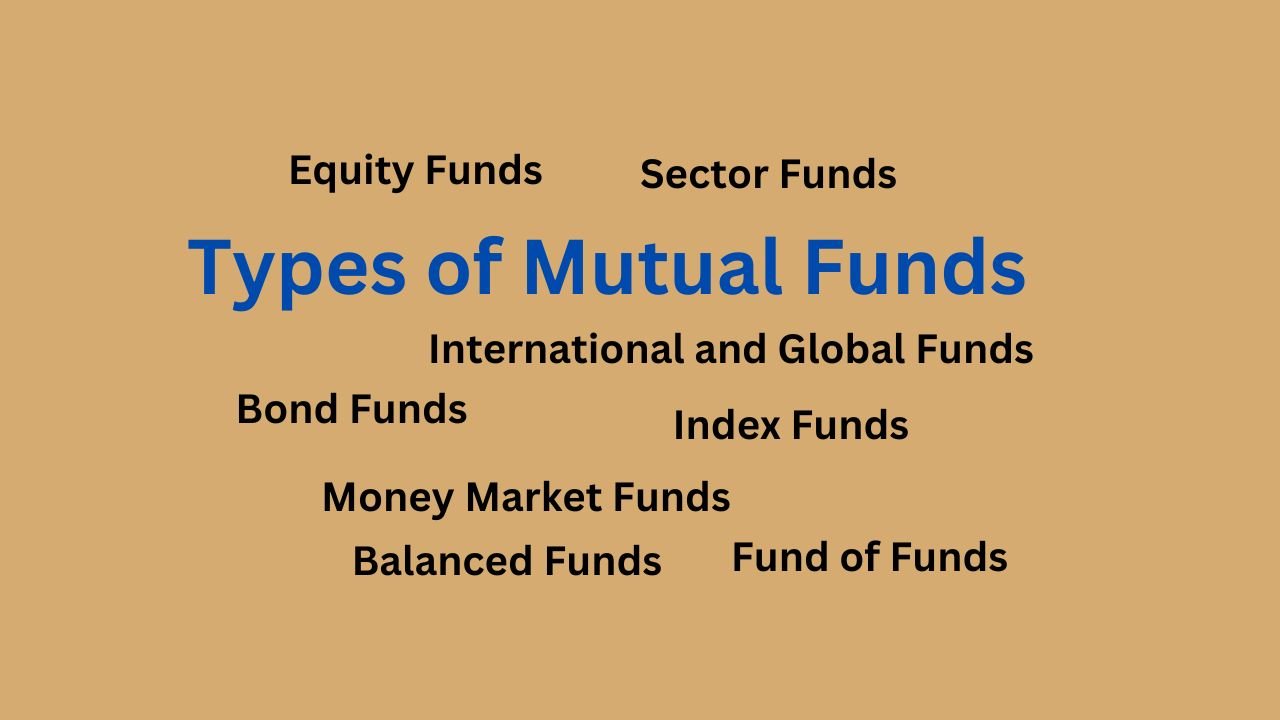Mutual funds are a popular investment vehicle that pool money from many investors to purchase a diversified portfolio of stocks, bonds, or other assets. There are several types of mutual funds, each with its own investment strategy and risk profile. Let’s explore some of the most common types.
Equity Funds
Equity funds, also known as stock funds, invest primarily in stocks. They are often classified by the size of the companies they invest in (large-cap, mid-cap, or small-cap), their investment strategy (growth, value, or blend), or their geographic focus (domestic or international).
Bond Funds
Bond funds invest in fixed income securities such as government bonds, corporate bonds, and municipal bonds. They aim to generate income for investors and are generally considered less risky than equity funds.
Money Market Funds
Money market funds invest in short-term, high-quality investments issued by U.S. corporations and governments. These are considered one of the safest types of mutual funds.
Balanced Funds
Balanced funds, also known as hybrid funds, invest in a mix of stocks and bonds to create a balance between risk and return.
Sector Funds
Sector funds focus on a specific industry sector, such as technology, healthcare, or utilities. These funds can offer high returns if the chosen sector performs well, but they can also be risky due to the lack of diversification.
Index Funds
Index funds aim to replicate the performance of a specific index, such as the S&P 500. They are passively managed, which means they have lower fees than actively managed funds.
International and Global Funds
International funds invest in assets located outside your home country. Global funds invest anywhere in the world, including your home country.
Fund of Funds
Fund of funds invest in other mutual funds. The idea is to achieve diversification and asset allocation without the need for the investor to select and manage a portfolio of funds.
Conclusion
Choosing the right type of mutual fund depends on your investment goals, risk tolerance, and time horizon. Each type of fund offers a different balance of risk and return, and it’s important to understand these differences before making an investment decision.
Remember, it’s always a good idea to consult with a financial advisor or conduct thorough research before making investment decisions.
Happy investing!

